EXPERT COMMENT: Greater Manchester’s cycling plan is a radical, much-needed approach – now it needs funding
Katja Leyendecker, PhD candidate in Architecture and Built Environment, discusses Greater Manchester's new walking and cycling plan.
Katja Leyendecker, PhD candidate in Architecture and Built Environment, discusses Greater Manchester's new walking and cycling plan.
A vital role that floating Antarctic ice shelves play in preventing catastrophic sea level rises has been proven for the first time in a new study, published in the scientific journal Nature.
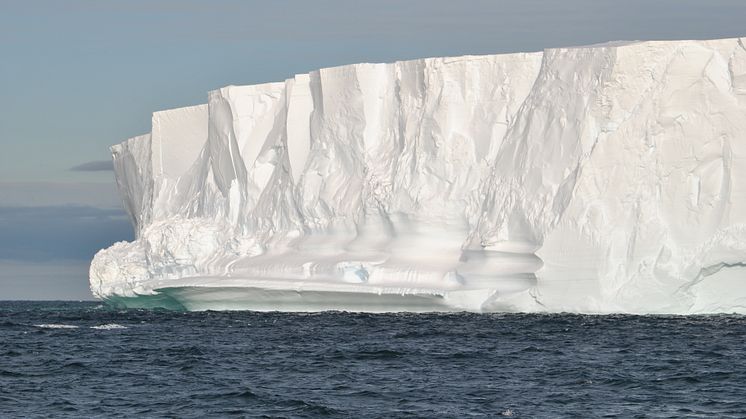
A tropical rainfall belt providing critical summer rains to billions of people is at risk of shrinking due to future climate warming, according to new research.
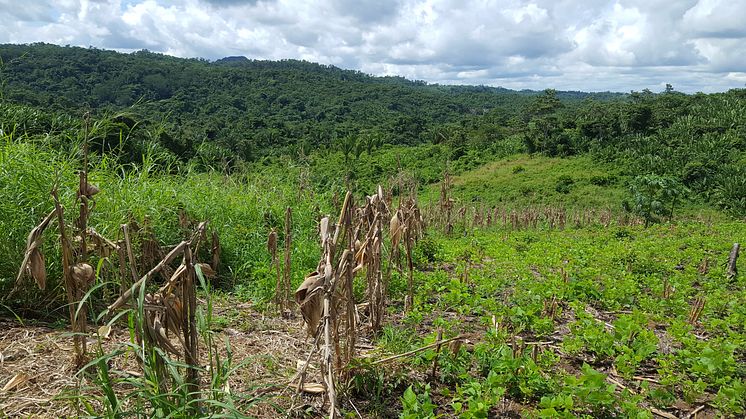
A mechanical engineer from Northumbria University has won a prestigious award after developing an innovative process to turn sea water into clean, safe drinking water, using solar energy.

The reprocessing of spent nuclear fuel could become safer and more efficient in future after Northumbria University researchers found a way to modify the structure of molecules to remove radioactive materials. The research is published in the influential Chemistry - A European Journal and is described by its editors as being of 'great significance'.
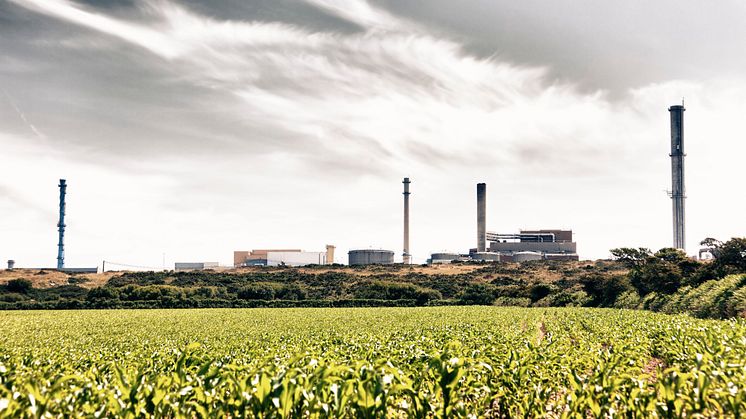
Researchers have produced the first physics-based quantifiable evidence that thinning ice shelves in Antarctica are causing more ice to flow from the land into the ocean. Their findings have been published in Geophysical Research Letters.

A Northumbria University researcher is one of almost 100 scientists and support staff who have travelled to Antarctica this week (15 November 2019) for the most ambitious mission to date for Thwaites Glacier in West Antarctica.
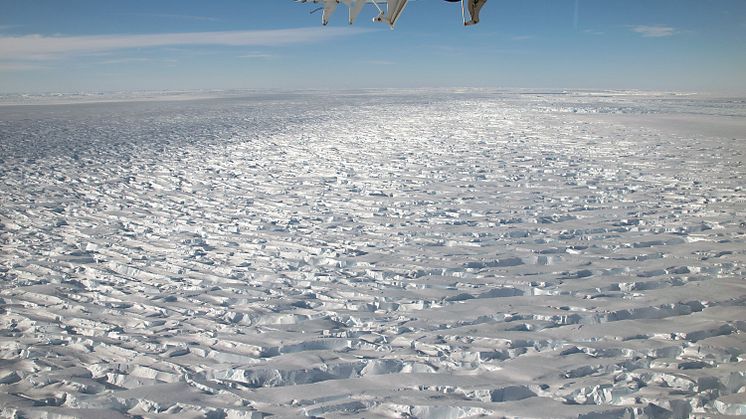
With concerns about climate change and urban air pollution high on the agenda for cities around the world, most are now actively looking at ways to reduce their carbon emissions.

A major £4 million EU-funded study to investigate how changes in Antarctica’s ice sheets and shelves may lead to a large and irreversible rise in global sea level over the coming decades is about to begin. Experts from the UK, Norway, Germany and France will work together to investigate the likelihood of abrupt changes in the movement of ice in the Antarctic region over the next 100 years.
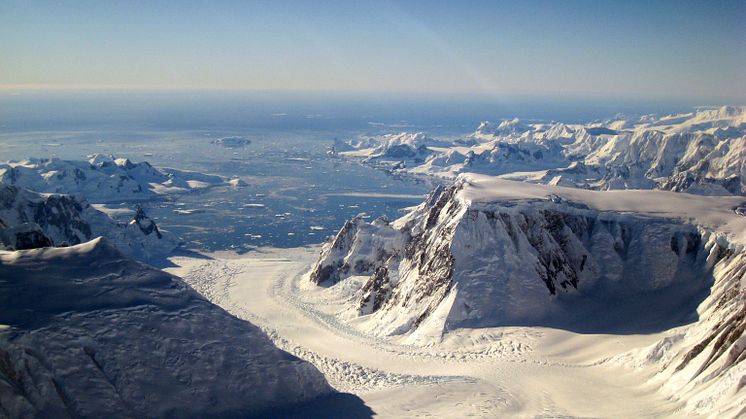
The international news channel Bloomberg is broadcasting stunning footage of Antarctica’s landscape captured by a Northumbria University academic who was undertaking research on the continent.

International development experts from across the world gathered in Newcastle upon Tyne this week for the fourth annual Global Challenges Summit.
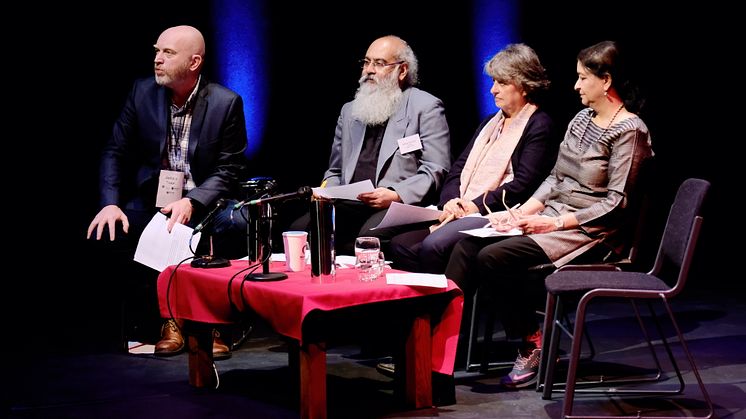
Kevin Muldoon-Smith, Lecturer in Real Estate Economics and Property Development, and Paul Michael Greenhalgh, Professor of Real Estate and Regeneration, both at Northumbria University, discuss real estate in relation to climate change.
Experts from Newcastle and Northumbria Universities will develop new technologies to revolutionise how buildings are constructed and how they operate.

Thousands of annual heat-related deaths could be potentially avoided in major US cities if global temperatures are limited to the Paris Climate Goals compared with current climate commitments, according to a new study published today in Science Advances.

The latest edition of the influential journal Town & Country Planning has been edited by a leading Environmental expert from Northumbria University, Newcastle.
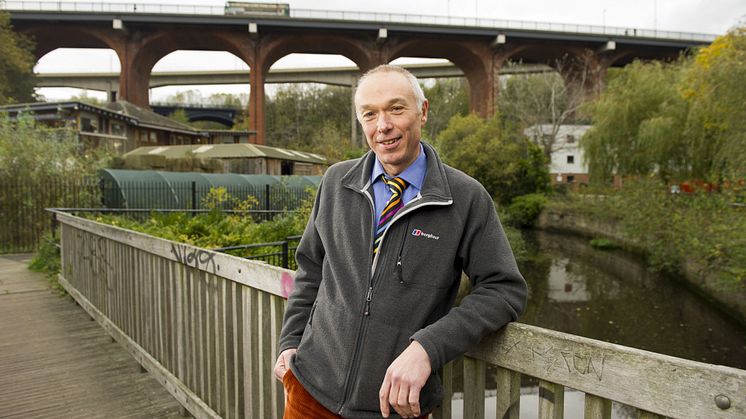
Glaciology experts have issued evidence that a large section of the Brunt Ice Shelf in Antarctica, which is home to the British Antarctic Survey’s Halley Research Station, is about break off.
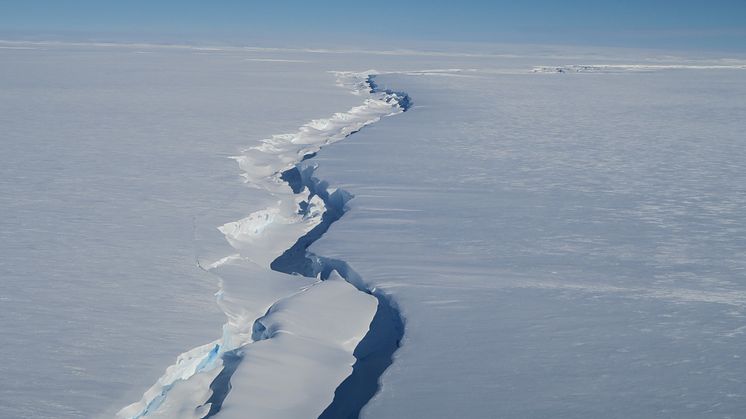
Cities of the future could be better able to withstand multiple hazards such as floods, earthquakes or landslides, thanks to a £20 million initiative, of which Northumbria University is a key partner.
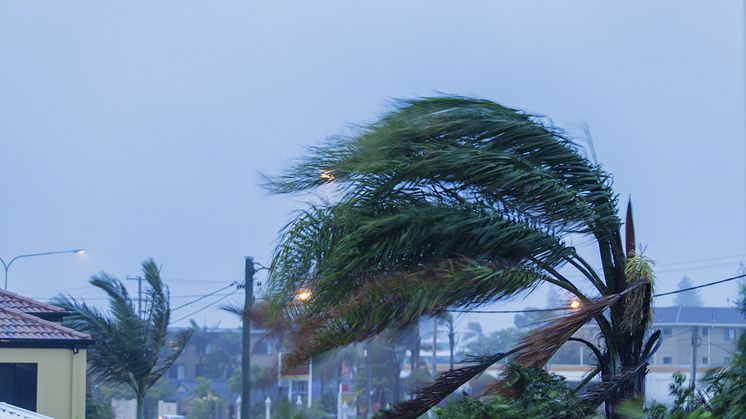
The North East’s reputation for renewable energy research has received a major boost, with confirmation that the UK’s next generation of doctoral researchers in this field will train in the region.

A design expert from Northumbria University, Newcastle raising awareness of the impact single use plastic is having on the world’s oceans by helping to create a boat made entirely from rubbish collected from African beaches – including 30,000 flipflops.

Dr Vasile Ersek, a senior lecturer in Physical Geography, writes for The Conversation about the discovery of new evidence of a drought that finished off the Akkadian Empire 4,000 years ago.